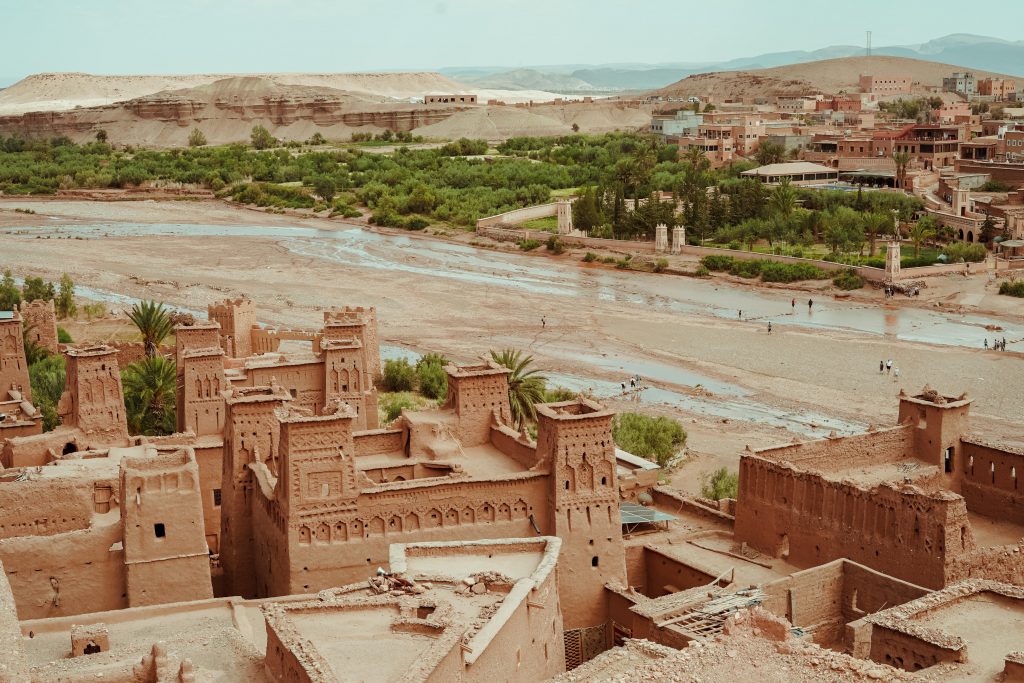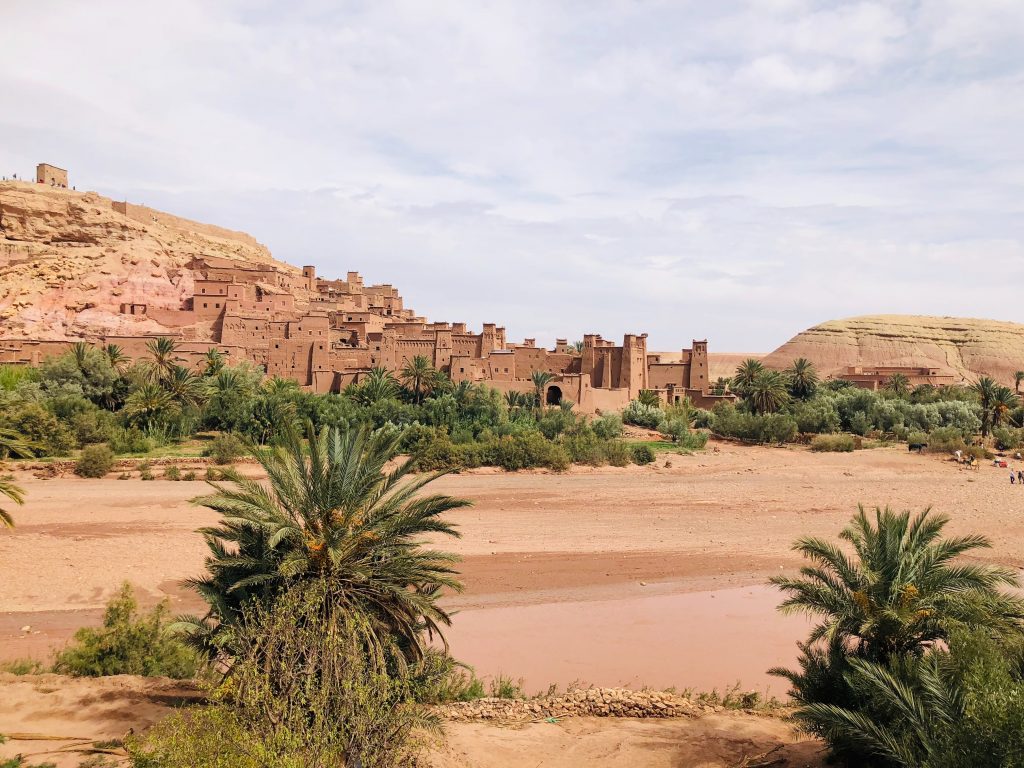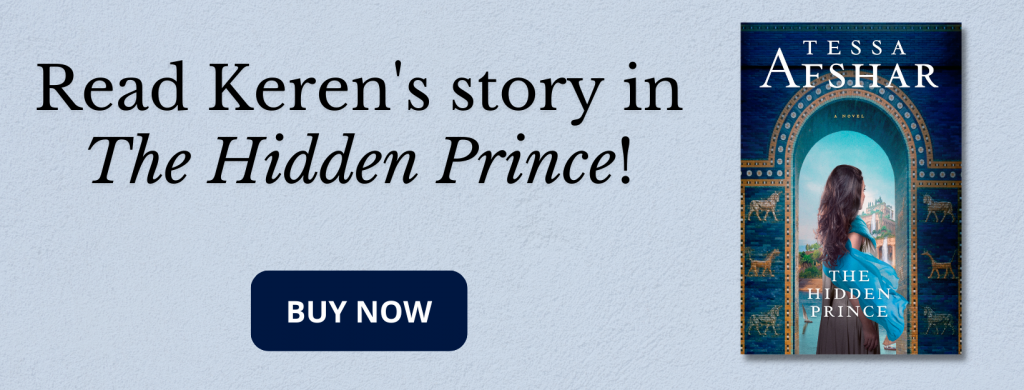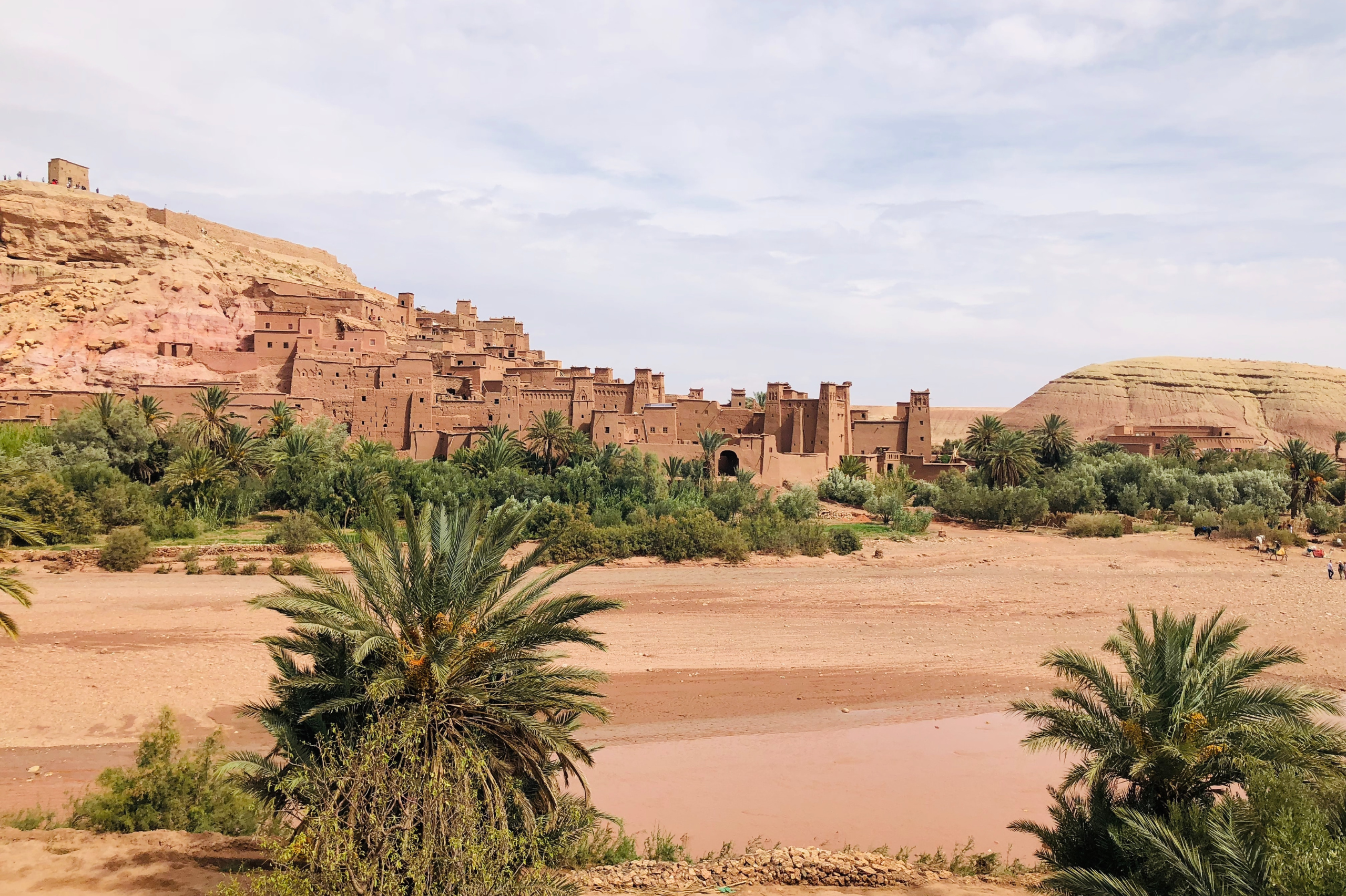Author Tessa Afshar’s new historical fiction novel The Hidden Prince tells the story of Keren, a young of a woman who feels she has no future but soon discovers the fate of nations may rest in her hands. Get to know more about Keren and the ancient land in which her story is set by reading the Q&A below.
What inspiration and ideas led to Keren, your protagonist in The Hidden Prince?
I wanted to portray a woman who, in the course of the novel, loses everything and discovers that her destiny is forged in the midst of that loss. Keren grows up as a captive. But in that captivity, she is able to discover and use her gifting. That discovery is further enlarged by the seismic events that change her life. At the height of discouragement, Keren is presented with a mystery. I love this thread, because it draws the two halves of the novel together and pulls the events of the larger world onto the smaller stage of Keren’s life.
Keren is sold into servitude to help her family survive. Can you explain what that meant in this period?
It could have meant any number of things. Some of the captives were sold into slavery and found themselves working the land outside the city of Babylon. Some would have served harsh masters who abused them. I portrayed Keren as having found a kind and wise master in Daniel, who, as a Judean, is led by the Torah in the treatment of the Judean servants and slaves who work in his household.

What are some challenges involved in researching and writing about this period in Israel’s history?
The Hidden Prince takes place more than a decade after the destruction of Jerusalem by the Babylonian king Nebuchadnezzar. A great number of Judeans have been taken captive by this time and are living in various parts of Babylonia. We know certain things about their lives in this period. But many of the daily details remain hidden from us. Complicating our understanding of the Judean captive’s life is the fact that they did not seem to live a one-size-fits-all existence. They appear to have occupied many roles, from slave to palace official.
Life in Ecbatana and Anshan seemed shrouded in even greater mysteries. As an author, I found the research into this complicated era daunting and yet undeniably exhilarating. I was writing the story of events and nations both well-known to us and also hidden by the mists of time.

What did you learn from writing The Hidden Prince?
There are two ways to answer this. On one level, I gained so many extraordinary insights into Babylon, Media, and Persia during this era in history. I had an absolute blast learning about their customs, their architecture, their food, their schools, their kings, their poetry. On a different level, although this was a fun book to write because it had all the makings of a great adventure, it also brought the Scriptures alive for me. I was reading the books of Isaiah and Jeremiah as I wrote this story, and my research helped me to understand them so much better.
Can we expect a sequel to The Hidden Prince?
I am writing the sequel right now and hope to have it in readers’ hands in 2023.



